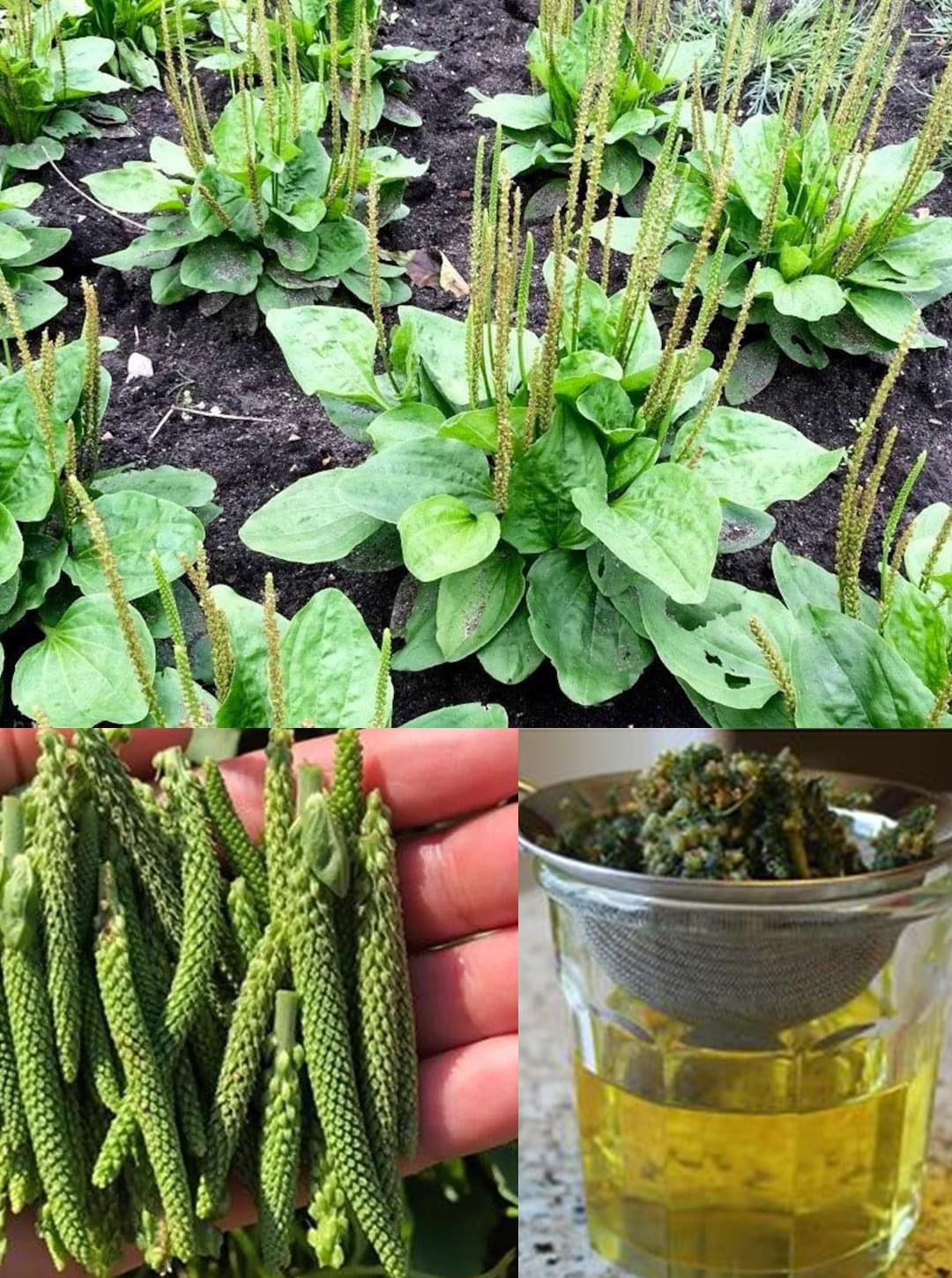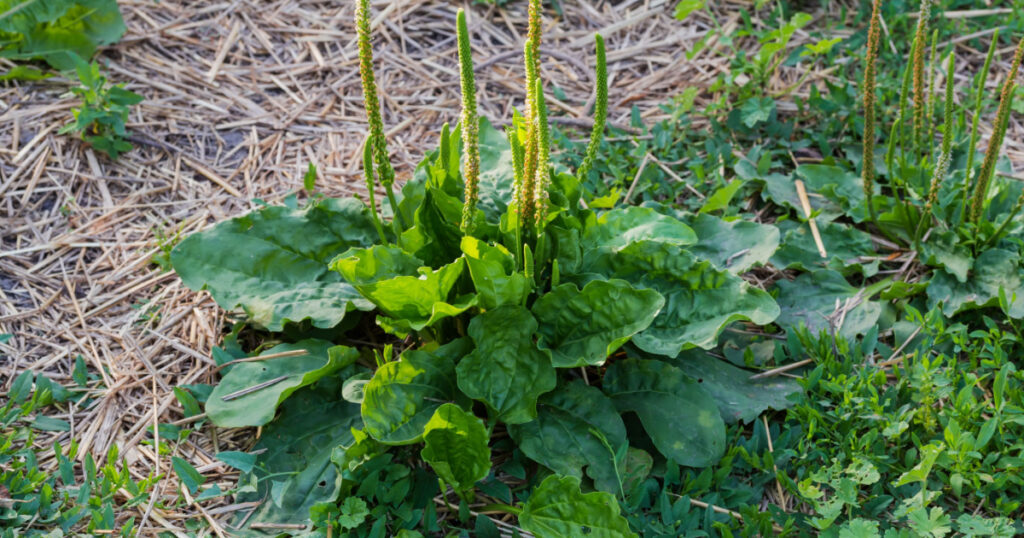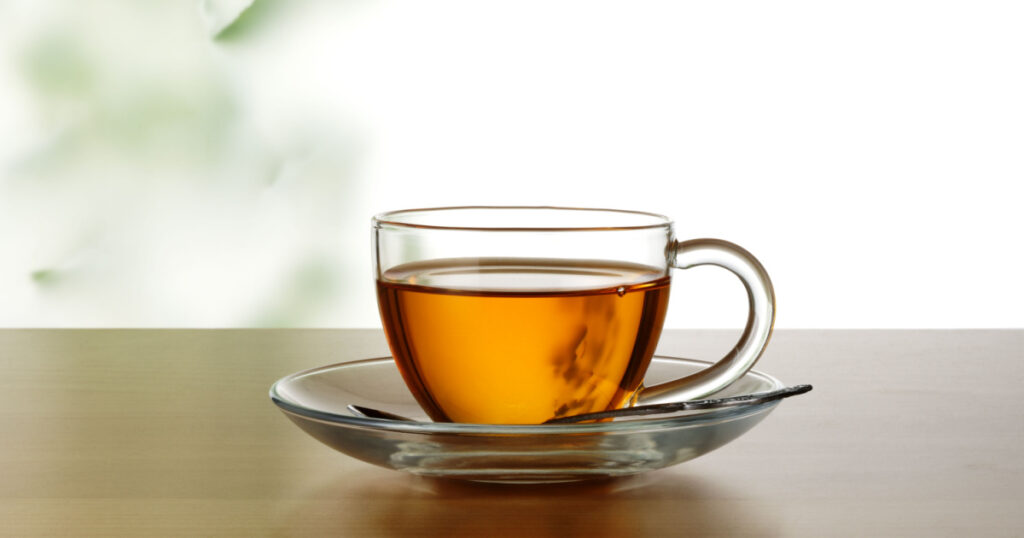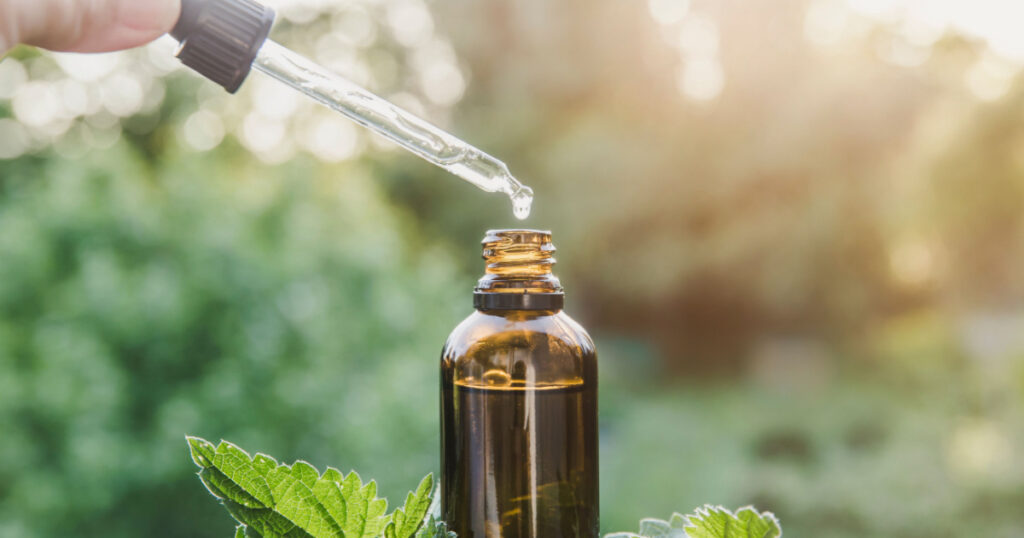Broadleaf Plantain: Unveiling the Marvels of Nature’s Medicinal Herb

Broadleaf Plantain, scientifically known as Plantago major, is a common medicinal plant found worldwide. It is a member of the Plantaginaceae family and has been used for centuries in traditional medicine for various health benefits. Let’s explore more about this special plant: The benefits, uses, and possible side effects of broadleaf plantain.
Broadleaf Plantain: Its Benefits, Uses, and Side Effects
Broadleaf plantain, also known as plantain weed, broadleaf plantago, and broad-leaved plantain, is an herb that has been used for centuries in traditional medicine. It’s native to Europe, Asia, and Africa but can now be found throughout the world. This perennial herb grows well in moist soil and shady areas. It has a large taproot, which can reach up to 2 feet long. The foliage comprises five to seven long and oval-shaped leaves; they grow 7-12 inches long. (1)
The leaves have a white vein running through them, and they turn brown in the fall. The flowers are small and white with five petals. Broadleaf plantain is often used as a natural remedy for fever and inflammation. It has been used to treat wounds, infections, burns, and insect bites. This plant has many benefits, with some being more anecdotal and others having proven benefits. Let’s look at some of those now.
Benefits
1. Anti-inflammatory properties

One of the key benefits of broadleaf plantain is its ability to reduce inflammation. It contains several bioactive compounds, such as aucubin and baicalein, which have anti-inflammatory effects. This makes it useful in treating conditions such as arthritis, skin irritations, and gastrointestinal inflammation. (2)












